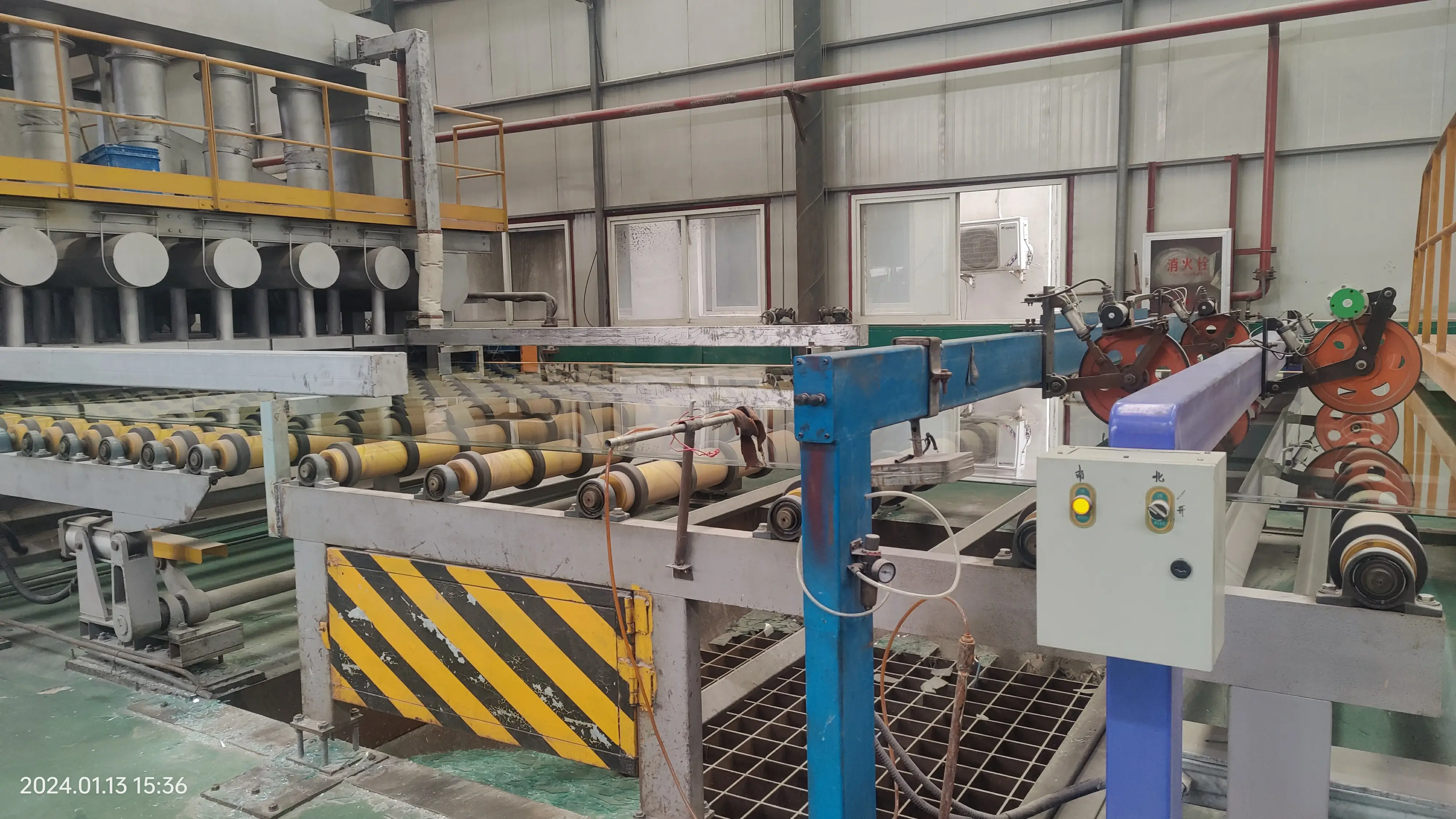

The Advantages of Float Glass Windows A Modern Approach to Natural Light and Energy Efficiency
Float glass windows have become a popular choice for architects, builders, and homeowners alike, largely due to their superior quality and numerous benefits. By utilizing a process known as float glass manufacturing, these windows offer enhanced clarity, durability, and energy efficiency that surpass traditional window types. This article explores the advantages of float glass windows and why they are increasingly favored in residential and commercial designs.
The float glass manufacturing process begins with melting a mixture of silica sand, soda ash, and limestone. The molten glass is then floated on top of molten tin to create a flat, uniform surface. This method results in glass that is incredibly smooth, allowing for a greater degree of transparency and a clearer view. As a result, float glass windows enhance the aesthetics of a building by providing a seamless connection between indoor and outdoor spaces, letting in ample natural light while maintaining a sleek, modern look.
One of the most significant advantages of float glass windows is their energy efficiency. With rising energy costs and growing concerns about environmental impact, it is essential for homeowners and businesses to invest in energy-efficient solutions. Float glass can be treated with various coatings that minimize heat transfer, keeping buildings cooler in the summer and warmer in the winter. Low-emissivity (low-E) coatings are particularly effective at reflecting heat back into the room in colder months while keeping unwanted heat out during warmer months. This dual functionality not only enhances comfort but also reduces energy consumption and utility bills over time.

In addition to energy efficiency, float glass windows can also contribute to noise reduction. For properties located in urban areas or near busy roads, the acoustic insulation properties of float glass can significantly improve living conditions. By incorporating laminated or double-glazed float glass, the windows can effectively dampen sound, ensuring a quieter indoor environment. This feature is particularly appealing for residential buildings, where restful spaces are essential for well-being.
Furthermore, float glass is known for its durability and safety. Unlike traditional glass, float glass is less prone to warping or distortion, which ensures a long-lasting, reliable product. Many manufacturers offer tempered or heat-strengthened float glass, which increases resistance to impact and thermal stress. In the event of breakage, tempered glass shatters into small, rounded pieces, reducing the risk of injury. This safety feature is especially important in commercial buildings and high-traffic areas.
Another significant benefit of float glass windows is their versatility in design. Available in various thicknesses and sizes, float glass can be customized to fit any architectural style or structural requirement. Whether it's sleek modern minimalism or classic elegance, float glass windows can complement any design theme. Additionally, advancements in technology now allow for creative features such as tinted glass, energy-generating glass, and dynamic shades that further enhance functionality and aesthetics.
In conclusion, float glass windows are an excellent choice for anyone looking to improve the design, energy efficiency, and comfort of their spaces. With their clarity, durability, energy-saving capabilities, and versatility, float glass windows not only enhance the beauty of buildings but also contribute to a more sustainable and enjoyable living environment. As society moves towards greener alternatives, the role of float glass in both residential and commercial architecture will undoubtedly continue to grow.